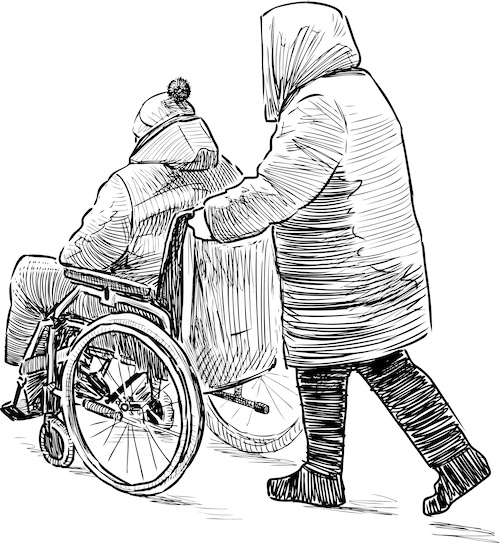
Part 1 of a 3-Part Series
An estate plan with a Revocable Living Trust (RLT) protects you and your loved ones if you die or if you are otherwise unable to manage your own affairs. Unlike other estate planning options, an RLT grants the ability to maintain control and enjoy accounts and property during someone’s lifetime. What’s more, it maintains privacy relative to how to manage accounts and property. This saves your loved one’s time and the financial burden of probate. To ensure that your estate plan works when you cannot manage your own affairs, name a backup trustee. This is also known as a successor trustee. To understand the successor trustee’s role, duties, and responsibilities, read this three-part series, which we begin today. (To read parts two and three, check back over the next two weeks, when we will conclude this series.)

When does a successor trustee take over?
Many of those with a revocable living trust understand the role of a trustee. A trustee manages, invests, and distributes money and property to the appropriate people. You (and your spouse, if applicable) usually act as the initial trustee of your revocable trust. However, the time may when no longer serve as trustee. In this case, the person you named as your successor trustee steps in.
When You Can No Longer Make Decisions

Before you die, the time may come when will no longer make decisions or handle day-to-day tasks. These include managing, investing, or distributing the trust’s accounts and property. This is sometimes referred to as incapacity. When incapacity occurs, loss of control can be scary. If you name a reliable successor trustee, however, they will step in. They will manage the trust’s accounts. Also, they will make investments for your wellbeing during your life. However, no longer serving as trustee does not mean you stop being a beneficiary.

At Your Death
When you die, you will obviously no longer manage, invest and distribute the trust’s money and property. When this happens, the person you choose as successor trustee steps in to take over. They manage, invest, and use the trust’s money and property for the benefit of those you choose (your beneficiaries). In this case, even though you will no longer serve as the trustee, with properly documented wishes expressed in your trust, the court need not become involved.
Check back next week, when we cover part two in this three-part series about the role of successor trustee.

About Skvarna Law in Glendora and Upland, California
Skvarna Law Firm operates offices in Glendora and Upland, California. We provide legal services. We cover San Bernardino, Los Angeles, Orange, and Riverside Counties. This includes several cities. Upland, Ontario, Rancho Cucamonga, Fontana, Colton, Rialto, Chino, Chino Hills, Glendora, Claremont, Pomona, La Verne, Montclair, San Dimas, Azusa, Covina, West Covina, Diamond Bar, Walnut, La Puente, Corona, Norco & Mira Loma. Visit SkvarnaLaw.com to learn more.


